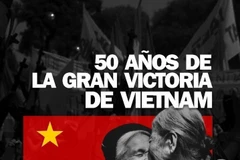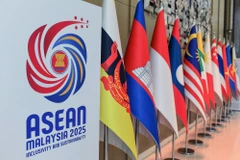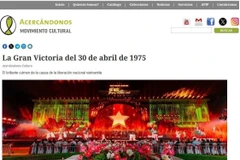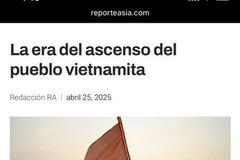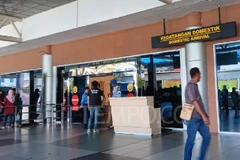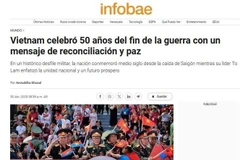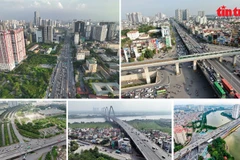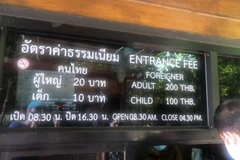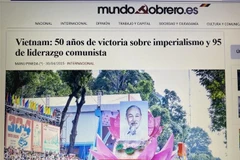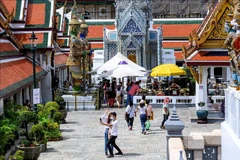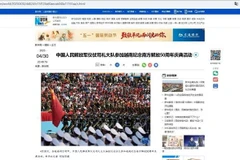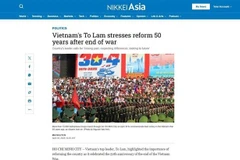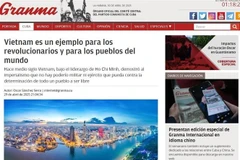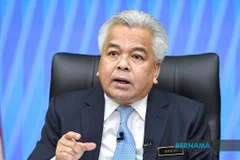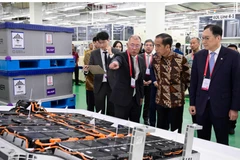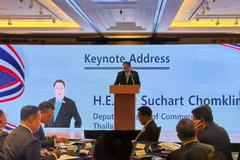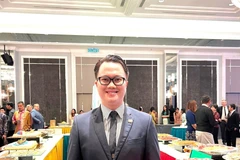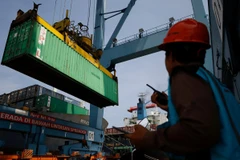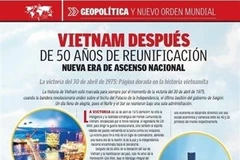Reaffirming the international community’s resolve in advancing therights of all persons with disabilities, the Assembly’s high-levelmeeting on disability and development adopted an agreed outcomestressing the need to ensure accessibility for and inclusion of personswith disabilities in all aspects of development and of giving them dueconsideration in the emerging post-2015 UN development agenda.
“Disability is part of the human condition; almost everyone will betemporarily or permanently impaired at some point in life,” SecretaryGeneral Ban Ki-moon said at the opening of the meeting.
“Yet far too many people with disabilities live in poverty. Too manysuffer from social exclusion. Too many are denied access to education,employment, health care, and social and legal support systems.”
Persons with disabilities make up the largest minority in the world,with more than one billion people living with some form of disability.Eighty percent are of working age and the vast majority live indeveloping countries.
“All of us suffer whencommunities are divided, just as all of us benefit when communities areunited,” Ban Ki-moon told more than 800 representatives of organizationsof persons with disabilities who attended the event.
In his remarks, the Secretary General underlined that persons withdisabilities are an integral part in achieving the eight anti-povertytargets known as the Millennium Development Goals (MDGs) before theirdeadline, and in shaping the post-2015 development agenda.
Agreed by world leaders at a UN summit in 2000, the MDGs set specifictargets on poverty alleviation, education, gender equality, child andmaternal health, environmental stability, HIV/AIDS reduction, and aglobal partnership for development. However, no goal directly addressesthe rights of persons with disabilities.
“We mustfurther strengthen the international normative framework on disabilityand development,” Ban Ki-moon said. We must act now to remove barriersto access to physical environments, transportation and information andcommunications. And we must not only lift the physical barriers – butalso the barriers in attitudes that fuel stigma and discrimination.”
Also speaking at the meeting, the President of the General Assembly,John Ashe called on member states that have not yet done so to ratifythe Convention on the Rights of Persons with Disabilities (CRPD). Todate, 134 countries have ratified or acceded to the Convention.-VNA
